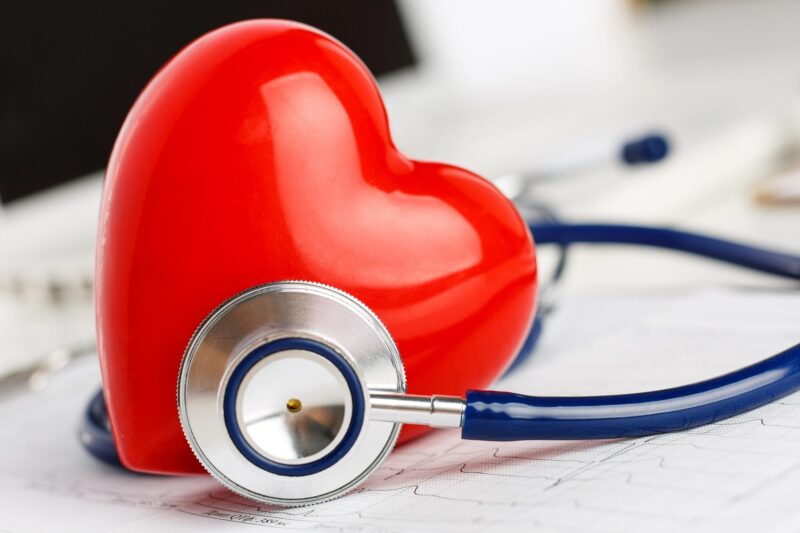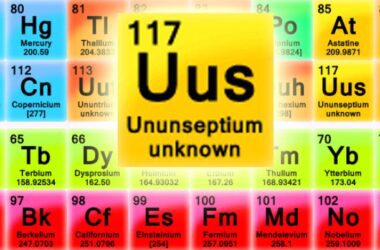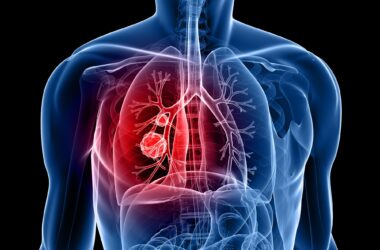
Les personnes qui consomment une quantité modérée d’œufs ont plus de grosses molécules HDL dans leur sang, qui aident à éliminer le cholestérol des vaisseaux sanguins et protègent ainsi contre les blocages qui peuvent provoquer des crises cardiaques et des accidents vasculaires cérébraux.
Selon de nouvelles recherches, manger des œufs peut augmenter la quantité de métabolites sains pour le cœur dans le sang, ce qui peut aider à expliquer pourquoi une consommation modérée d’œufs protège contre les maladies cardiovasculaires.
Les chercheurs ont récemment publié leurs conclusions dans le journal eLife qui démontrent comment la consommation d’œufs peut augmenter le nombre de métabolites sains pour le cœur dans le sang.
D’après ces recherches, consommer jusqu’à un œuf par jour peut contribuer à réduire le risque de maladie cardiovasculaire.
Bien que les œufs soient une riche source de cholestérol alimentaire, ils fournissent également une variété de nutriments importants. Il existe des preuves contradictoires quant à savoir si la consommation d’œufs est bonne ou mauvaise pour le cœur. Selon une étude publiée en 2018 dans la revue Heart, les personnes qui mangeaient régulièrement des œufs (environ un œuf par jour) présentaient un risque beaucoup plus faible de maladie cardiaque et d’accident vasculaire cérébral que les personnes qui en mangeaient moins souvent. Cette étude a porté sur environ 500 000 personnes en Chine. Les auteurs de cette recherche ont maintenant mené une étude de population pour mieux comprendre cette association en examinant l’impact de la consommation d’œufs sur les indicateurs de santé cardiovasculaire dans le sang.
“Peu d’études ont examiné le rôle que plasma cholesterol metabolism plays in the association between egg consumption and the risk of cardiovascular diseases, so we wanted to help address this gap,” explains first author Lang Pan, MSc at the Department of Epidemiology and Biostatistics, Peking University, Beijing, China.
Pan and the team selected 4,778 participants from the China Kadoorie Biobank, of whom 3,401 had a cardiovascular disease and 1,377 did not. They used a technique called targeted nuclear magnetic resonance to measure 225 metabolites in plasma samples taken from the participants’ blood. Of these metabolites, they identified 24 that were associated with self-reported levels of egg consumption.
Their analyses showed that individuals who ate a moderate amount of eggs had higher levels of a protein in their blood called apolipoprotein A1– a building-block of high-density lipoprotein (HDL), also known as ‘good lipoprotein’. These individuals especially had more large HDL molecules in their blood, which help clear cholesterol from the blood vessels and thereby protect against blockages that can lead to heart attacks and stroke.
The researchers further identified 14 metabolites that are linked to heart disease. They found that participants who ate fewer eggs had lower levels of beneficial metabolites and higher levels of harmful ones in their blood, compared to those who ate eggs more regularly.
“Together, our results provide a potential explanation for how eating a moderate amount of eggs can help protect against heart disease,” says author Canqing Yu, Associate Professor at the Department of Epidemiology and Biostatistics, Peking University. “More studies are needed to verify the causal roles that lipid metabolites play in the association between egg consumption and the risk of cardiovascular disease.”
“This study may also have implications for Chinese national dietary guidelines,” adds senior author Liming Li, Boya Distinguished Professor at the Department of Epidemiology and Biostatistics, Peking University. “Current health guidelines in China suggest eating one egg a day, but data indicate that the average consumption is lower than this. Our work highlights the need for more strategies to encourage moderate egg consumption among the population, to help lower the overall risk of cardiovascular disease.”
The study was funded by the National Natural Science Foundation of China, The Kadoorie Charitable Foundation in Hong Kong, the Chinese Ministry of Science and Technology and the National Key Research and Development Program of China.
Reference: “Association of egg consumption, metabolic markers, and risk of cardiovascular diseases: A nested case-control study” by Lang Pan, Lu Chen, Jun Lv, Yuanjie Pang, Yu Guo, Pei Pei, Huaidong Du, Ling Yang, Iona Y Millwood, Robin G Walters, Yiping Chen, Weiwei Gong, Junshi Chen, Canqing Yu Is a corresponding author, Zhengming Chen and Liming Li, on behalf of China Kadoorie Biobank Collaborative Group, 24 May 2022, eLife.
DOI: 10.7554/eLife.72909



